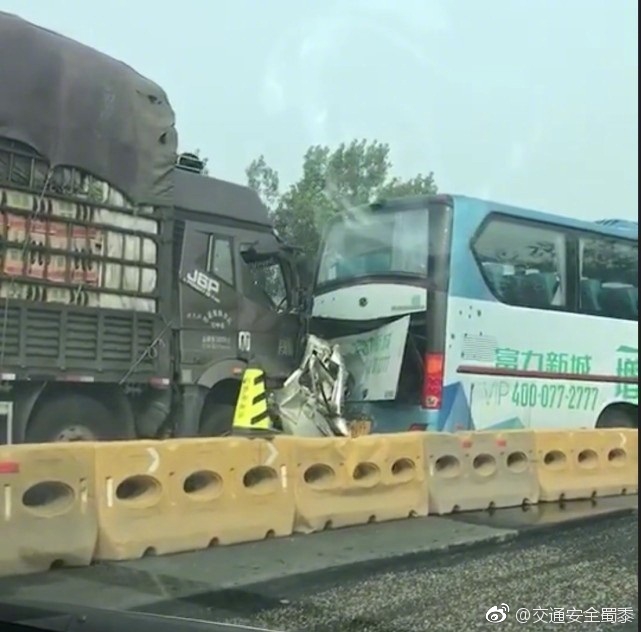【時代劇 ポルノ映画 無料】LETTER TO THE EDITOR: Response from a Sansei Woman
Dear Editor:
As a Sansei woman,時代劇 ポルノ映画 無料 I am compelled to respond to the column by Judd Matsunaga, Esq. published in the May 4 edition of The Rafu Shimpo.I want to share my own thoughts and views in deep and lasting honor to my own Nisei mother.
I agree with Mr. Matsunaga that Nisei women have long been greatly overlooked and ignored for their many contributions to our society. I also appreciate Mr. Matsunaga’s view to give deep and due respect to the Nisei generation, women as well as men — whether WWII veterans or not.
However, as a Sansei woman, I question how and why Mr. Matsunaga’s column expressing understanding of and honor toward Nisei women and the Nisei generation turned into the denigration he expressed generally for women, whether Nisei or Sansei, and disrespect for the Sansei generation of which he is a part.
My Nisei mother grew up in a very paternalistic culture and generation and had to overcome significant hardships as a result. She was a good daughter, a good wife and a good mother when incarcerated in 1942. Being quiet and staying silent, being polite and self-controlled were not why she was a good daughter, a good wife and a good mother. I think we do great harm when we conflate outward behavior and the person.
Mr. Matsunaga’s column does not honor my Nisei mother or the hardships she overcame in her paternalistic generation, nor does it foster allyship among women and mothers of following generations.
Mr. Matsunaga states that the hard work of Nisei women paved the way for Japanese Americans to be deemed “the model minority.” His assertion of the “model minority myth” as a positive idea demeans all minority groups. The myth, which I reject, asserts the dangerous notion that Asian Americans are “models.” The subtext suggests that Asian Americans are all the same and that other minority communities of color are not models. It adopts a standard by which those in power take a position to judge and decide for all Asian Americans and others what it means and looks like to be “successful.” The “model minority myth” pits communities of color against one another.
In addition, in his column, Mr. Matsunaga demeans Nisei and Sansei women both by perpetuating gendered stereotypes and criticizing Sansei women for their strength. He said the fact that some Japanese American women (Sansei) find themselves on the fast track to top-level executive positions means less “strength of character.” He says that “Sansei women are not like their Nisei mothers (not meant in a good way) [although some] came close, e.g., quiet, pure in thought, polite, serene, and self-controlled. But the Nisei woman is disappearing and the JA community is diminished.”
I think Mr. Matsunaga’s above statement shows clearly the danger of conflating outward behaviors with the quality of person. Indeed, certain times and certain occasions call for silence, politeness, and serenity. Others do not. Some of our Nisei mothers were strong, outspoken pioneers and most never hesitated to tell their children ways we should and could grow. I think in today’s world, Sansei women can be anything they want to be, quiet or garrulous, married or single, mothers or not, workers behind the scenes or assertive leaders.
In 2024, I expect the Sansei generation has a greater understanding of and respect for each generation and the practices and different successes of one after another after another. Times have changed. Times are different. Each generation must meet the challenges of its own time and yet pave the way for more and different advances for the next generation to come.
As a Sansei woman, I say our generation must continue to move forward and resist going back to the roles, symbols and caricatures as well as the unpaid labor force many Nisei women played in prior times. The Sansei generation is called to prepare the way for future generations not by being quiet, staying silent, and deferring to those of higher stature or power but rather by emerging as empowered, educated Sansei women and men.
We must engage with one another and our many allys to dispel the myths of who we are and to courageously be ourselves. We will create a strong reality of who we are and what choices we have if we resist those who divide us and try to define us. Instead, we will discover and decide who we are and who we want to be.
Sharon A. Sakamoto, Esq.
Seattle



